Meditation Or Exercise
Learn which is more important among this two: meditation or exercise.

Selfpause Affirmation App
Download the app to get 1,000’s of affirmation meditations and everything you need to write, record and listen to your own.
Meditation and exercise can help you in a number of ways. Among them, they reduce stress, improve mood, improve stamina, and lower cortisol. These benefits are the reason that many people turn to these techniques. However, it is important to find the right method for you. Here are a few tips to help you start.
Reduces stress
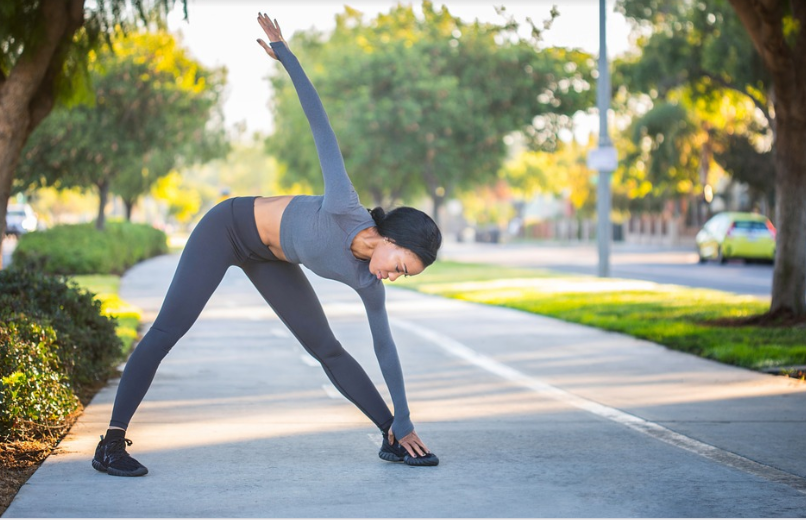
Regular exercise and meditation have long been recognized as effective ways to relieve stress and improve health. Both techniques have positive psychological and physiological effects on the body, including improving mood, reducing anxiety, and promoting healthy sleep. Exercise also increases endorphin production, a neurotransmitter that combats stress and helps the body cope with pain.
While meditation is difficult for many people, it is possible to meditate by simply pausing and breathing deeply. These techniques are referred to as mindfulness, and they can help people reduce stress by calming the mind and promoting relaxation. In addition to meditation, exercise may also help people improve their health by building core strength and stability, as well as improving flexibility.
One study examined teachers’ reactions to the pandemic of COVID-19. It found that teachers who practiced mindfulness meditation and aerobic exercises reduced their depressive, negative, and anxious thoughts. The program required participants to practice one hour twice a week for six weeks. The teachers also reported lower stress levels, fewer negative thoughts, and less secondary traumatic stress.
A recent ADAA poll revealed that 14 percent of adults exercise regularly to relieve stress. Other common coping methods include talking to friends, sleeping, listening to music, or eating. Healthcare professionals recommend meditation and exercise as one of the best ways to reduce stress. Meditation can help individuals achieve a profound state of relaxation and tranquility and remove the clutter that can keep us from achieving our goals.
Improves mood
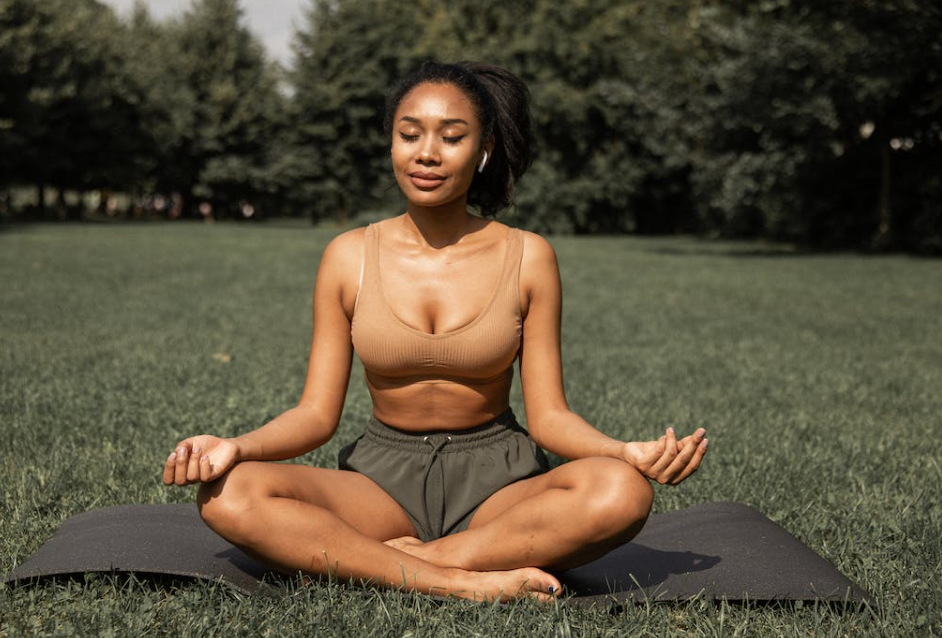
If you’re looking for a way to improve your mood, consider incorporating meditation or exercise into your daily routine. These exercises improve brain function and attention span, which in turn can improve your mood. Research conducted by researchers at the University of Reims Champagne-Ardenne in France suggests that regular exercise reduces stress and improves mood. It also lowers blood pressure and increases steady breathing, which encourages relaxation.
One study showed that single bouts of exercise and meditation improved participants’ mood states. This could be because of a change in physiological arousal. This may have led to lower levels of lethargy, anger, and hostility. However, it is unclear whether the increased physiological arousal was a factor in the reduced fatigue and lethargy, and whether this was a result of the participant’s awareness of the increased physiological arousal.
According to one study, regular meditation and exercise can reduce depressive symptoms by 40%. However, it is important to note that exercise has other benefits besides boosting mood. It can improve a person’s cognitive performance, as it improves the functions of the prefrontal cortex, which is involved in attention, present memory, and mental flexibility.
Increases stamina

Whether you want to increase your stamina through meditation or exercise, there are several things you can do. However, it is important to talk to your doctor first. This will help you determine if you have any underlying health problems that may be affecting your performance. Then, focus on the ideal plan for your overall health.
One of the most effective ways to increase your stamina is to practice exercises that target the heart and lungs. Focusing on these two areas will increase the amount of oxygen that your body receives, which will increase your stamina. Over time, your energy levels will increase, and you will be more vigorous and productive in your activities.
Practicing sports is also a great way to increase your stamina. Many sports require complex skills and involve movement that is outside your comfort zone. For example, a soccer game requires jogging, walking, and sprinting. In addition, it requires dodging, kicking, and throwing.
Another effective way to increase stamina is to perform yoga poses. Star jumps are a good example of a yoga pose for increasing stamina. Not only do they strengthen the heart, but they also improve flexibility. Begin by kneeling on the floor and extending your arms and legs in front of you. Your palms should be touching the floor. Hold this position for a few seconds, and then return to your starting position.
Lowers cortisol
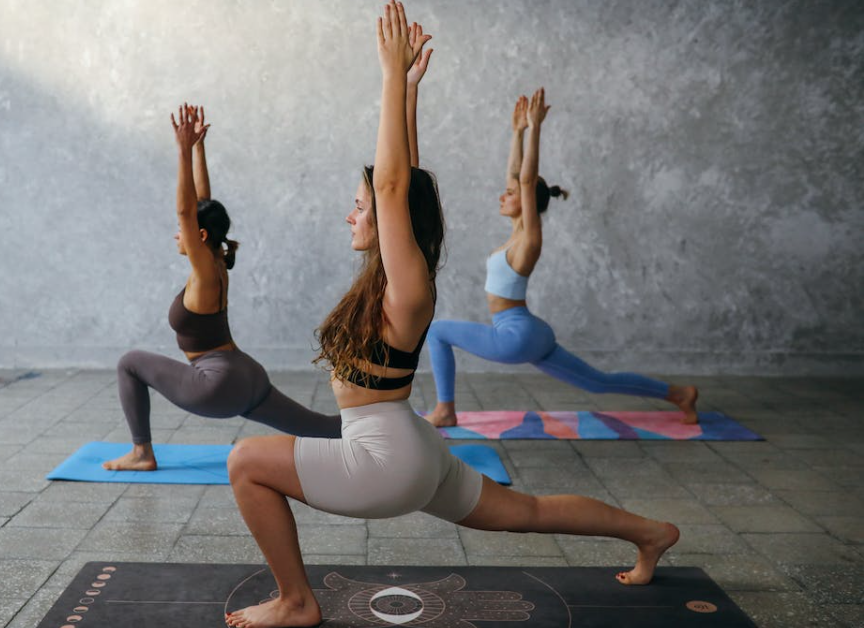
A number of studies have shown that meditation or exercise lowers cortisol levels. These studies typically include at-risk participants such as people with polycystic ovarian syndrome and cardiovascular disease, as well as people with mental illnesses such as depression and post-traumatic stress disorder.
While cortisol is an important hormone in the body, it can be detrimental to your health when it is too high. It can interfere with sleep hormones, impair your mental clarity, and increase your appetite. Moreover, it can interfere with your immune system and increase your risk of developing chronic diseases.
Research has shown that mindfulness meditation, or mindfulness, can reduce cortisol levels in the body. These meditation practices can be performed alone or under the guidance of a mental health professional. Other stress-busters that can decrease cortisol levels are diaphragmatic breathing and deep breathing exercises. Research has shown that people who practice these exercises have lower levels of cortisol in their saliva.
Regular exercise helps the body regulate stress and maintain healthy levels of cortisol. However, it’s important to choose the right type of exercise. If you are suffering from stress, try to choose gentle exercise, like a walk in nature. Even ten minutes of moderate exercise each day can make a big difference in your mood.
Reduces anxiety
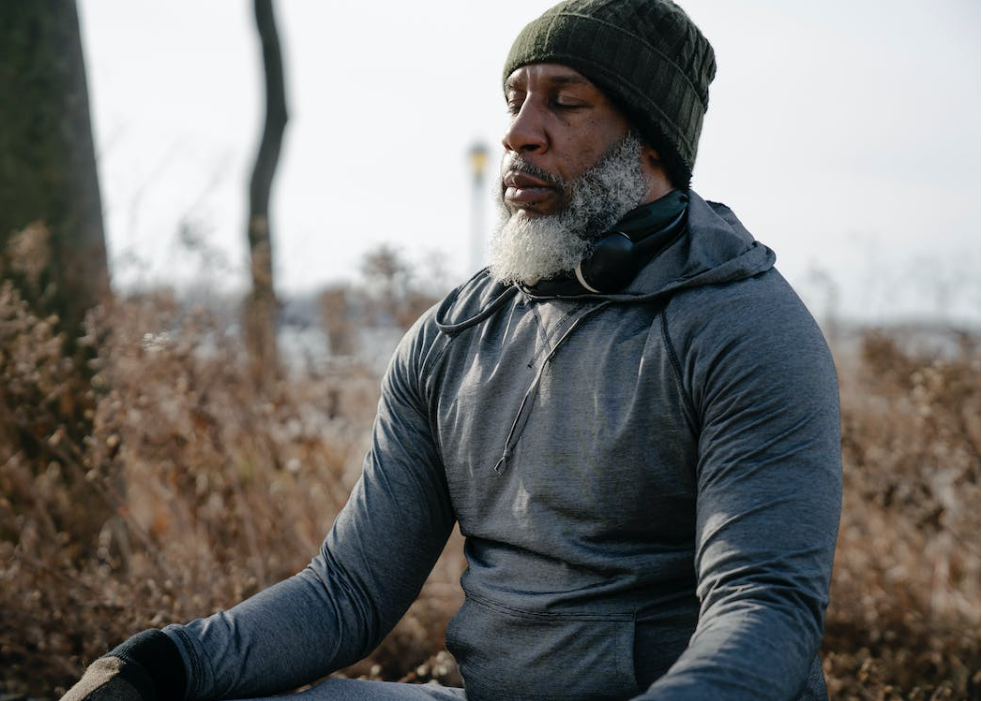
If you’ve been struggling with anxiety, you might be interested in finding a method that can help you relax and manage your symptoms. One option is meditation. It has been shown to reduce stress, improve sleep, and boost self-esteem. In addition, regular exercise can lower overall tension and increase self-esteem. The best part is that even five minutes of aerobic exercise can begin to stimulate the anti-anxiety effects.
The key to finding a technique that works for you is to make sure that it’s effective. There are several different kinds of meditation, and they all have different benefits. You may be interested in exploring a combination of different methods in order to find the one that best works for you. If you’re not sure which one to try, consider working with a qualified teacher.
Meditation can also help you manage the thoughts that bring you anxiety. When you’re meditating, your focus will be on the present moment. This helps you calm your mind and manage painful emotions. Meditation can also help you reduce the size of your amygdala, which is the part of your brain responsible for fear.
Boosts growth hormone
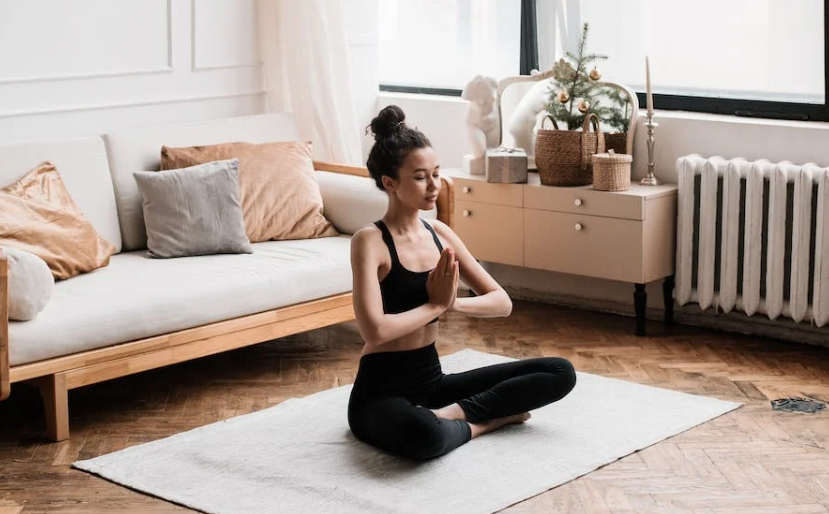
Exercise and meditation can both boost growth hormone levels, but the effects of meditation are even greater. Regular meditation boosts both testosterone and DHEA levels, which correlate with better health and younger-looking skin. In addition, higher levels of anabolic hormones may speed up recovery from training or injury, promoting tissue repair and eliminating inflammation.
Studies show that exercise can boost growth hormone levels by up to 40 percent. Regular physical activity can lower blood sugar, which stimulates the production of growth hormones. In addition, exercise increases levels of insulin, the hormone that shuttles amino acids into cells. Growth hormone also stimulates tissue growth, promoting the production of proteins.
Growth hormone levels are highest during deep sleep. However, not getting enough sleep can affect the levels of this hormone. Also, the amount of alcohol or food consumed prior to sleep can impact growth hormone levels. It is recommended to avoid eating just before bedtime to maintain optimal blood sugar and fatty acid levels. It is also beneficial to avoid hunger and hypoglycemia, which can trigger the release of growth hormones.
Reduces depression

Meditation or exercise is an effective means of easing the symptoms of depression and anxiety. However, exercise alone cannot replace medications or talk therapy. These two forms of therapy have different effects on the brain. The goal of both is to increase the amount of blood and oxygen in the brain, which is vital to the treatment of depression.
Research suggests that meditation and exercise reduce depressive symptoms by increasing brain activity. According to the study, participants in both groups showed a decrease in negative thinking and worrying after the training. In addition, they also showed a marked reduction in ruminative thinking, which is the tendency to think over negative memories and recall them through a negative lens.
A recent study from Rutgers University found that meditating and performing exercises regularly can reduce depressive symptoms by up to 40%. The research showed that both meditation and exercise improve brain synchronization, which in turn improves concentration. Participants reported fewer feelings of overwhelm, ruminating, and having difficulty focusing. This finding is quite encouraging for those with depression.
Another important benefit of meditation is that it changes brain regions that are linked to depression. The medial prefrontal cortex, also known as the “me center,” becomes hyperactive when people suffer from depression. This region is responsible for processing information about the self, which makes it an important part of the depression treatment process.
Our Top FAQ's
Both meditation and exercise have been shown to have a number of benefits for mental and physical health. Some of the potential benefits of meditation include reduced stress and anxiety, improved focus and concentration, and increased feelings of calm and relaxation. Exercise, on the other hand, can improve cardiovascular health, increase muscle strength and flexibility, and boost mood and overall well-being.
Both meditation and exercise can have positive effects on mental health. Meditation can help to reduce stress and anxiety, improve mood, and enhance overall well-being. Exercise, on the other hand, can help to improve mood and reduce symptoms of depression and anxiety. It can also boost self-esteem and confidence, and promote overall feelings of well-being.
Starting a meditation or exercise routine can be as simple as setting aside a few minutes each day to practice. For meditation, this might involve finding a quiet, comfortable place to sit and focusing on your breath or a mantra. For exercise, this might involve choosing an activity that you enjoy and setting aside a regular time to do it. It can be helpful to start small and gradually increase the length and intensity of your practice as you become more comfortable.
There are some precautions to take when practicing meditation or exercise. For example, if you are new to meditation, it can be helpful to work with a trained instructor to learn proper techniques and avoid potential pitfalls. With exercise, it is important to start slowly and gradually increase the intensity of your workouts to avoid injury. It is also important to listen to your body and stop if you experience any pain or discomfort.
Meditation and exercise can both have significant effects on overall health and well-being. Meditation can help to reduce stress and improve mental well-being, while exercise can improve physical health and fitness. Ultimately, the specific benefits of each will depend on the individual and the type and intensity of the practice. Some people may find that a combination of meditation and exercise is most effective for promoting overall health and well-being.
